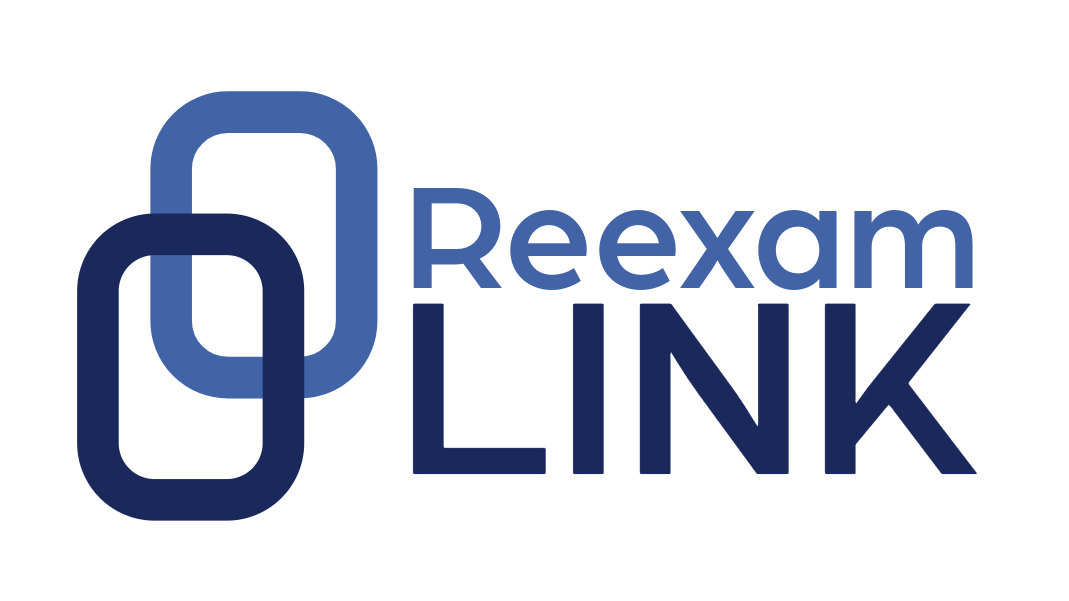Sovereign immunity has been a topic of great debate ever since the Patent Trial and Appeal Board applied it to dismiss inter partes reviews (IPRs) involving state owned patent rights. In Covidien v. University of Florida Research Foundation the Board dismissed three IPRs based on sovereign immunity. (IPR2016-01274, -01275, -01276.)
Other universities caught wind of the Covidien decision and invoked their own sovereign immunity defenses to attempt to avoid IPRs of their patents. For example, the University of Minnesota asserted the sovereign immunity defense in its IPR battle with Ericsson. Ericsson v. Regents of the University of Minnesota, IPR2017-01186, -01197, -01200, -01213, -01214, and -01219.
The University of Minnesota filed a motion to dismiss the Ericsson IPRs based on sovereign immunity. Ericsson opposed the motion, but did not dispute that the University could claim sovereign immunity as a state entity. Ericsson and the University had a basic difference of opinion about whether sovereign immunity could be a valid defense in IPRs.
On December 19, 2017 an expanded panel of seven administrative patent judges of the Patent Trial and Appeal Board decided that while sovereign immunity applies to state entities, such as the University of Minnesota, it is waived when a state entity files an action in civil court claiming patent infringement:
We agree with Petitioner [Ericsson] that the filing of an action in federal court alleging infringement effectively waives Patent Owner’s Eleventh Amendment immunity defense.
The majority of the Board denied the University’s motion to dismiss the IPRs based on sovereign immunity because the University had filed suit in district court, waiving its sovereign immunity defense.
A concurring opinion was authored by Judge Jennifer S. Bisk, where she concluded that sovereign immunity was not a defense for use in IPRs based on the differences between IPRs and district court proceedings. Therefore she reached the same end result that sovereign immunity does not apply here, but for different reasons.
With this ruling the University of Minnesota will be back to work on these IPR proceedings unless it can find a way to request interlocutory relief from this decision.

Leave a Reply